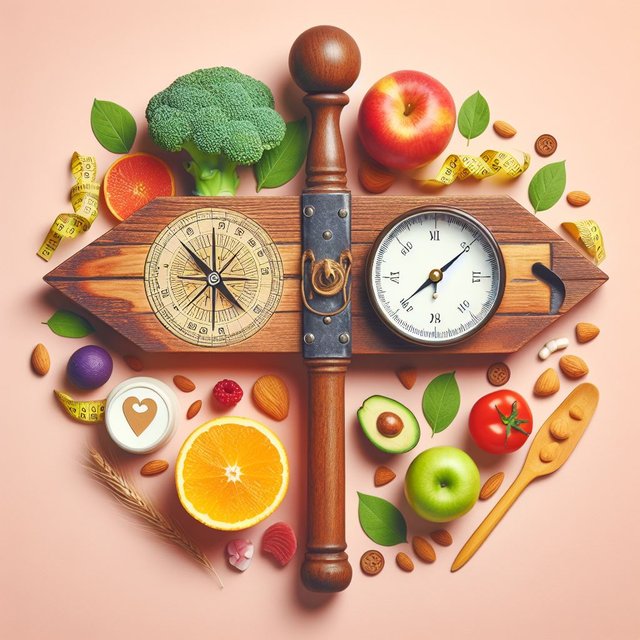The Fundamentals of a Balanced Diet: A Guide

In a world dominated by fast-paced trends and an overload of nutritional information, the importance of a balanced diet remains a timeless principle for health and well-being. This article aims to demystify the basics of a healthy diet and provide practical tips on how to incorporate a nutrient-rich diet into daily life.
What is a Balanced Diet?
A balanced diet provides the body with the necessary nutrients, vitamins, and minerals needed to function properly. It consists of a variety of foods from all food groups: fruits and vegetables, whole grains, proteins, fats, and dairy products, in the correct proportions and amounts.
The Five Pillars of a Balanced Diet
Fruits and Vegetables: They should make up the largest part of your diet. The goal is to eat a variety of colors, as different colors represent different nutrients.
Whole Grains: Choose whole grain or multigrain options instead of refined grain products to benefit from more nutrients and fiber.
Proteins: Lean meats, fish, legumes, nuts, and seeds are excellent sources of protein. Vegetarians and vegans should pay attention to a variety of plant-based protein sources to get all the essential amino acids.
Fats: Good fats are essential for health. Prefer unsaturated fats like those from olive oil, avocado, and nuts, and limit the intake of saturated fats and trans fats.
Dairy Products or Alternatives: They are an important source of calcium and other nutrients. If you avoid dairy products, look for fortified alternatives like almond, soy, or oat milk.
The Importance of Hydration
Water plays a central role in a balanced diet. It supports digestion, nutrient absorption, and the elimination of waste. Adequate water intake varies depending on age, gender, climate, and physical activity.
Practical Tips for Everyday Life
- Plan Your Meals: Good planning can help make healthy choices and avoid fast food.
- Cook Yourself: Home-cooked meals give you control over ingredients and enable you to make healthier choices.
- Listen to Your Body: Eat when you're hungry, and stop eating when you're full. Learn to distinguish between hunger and boredom or emotional eating.
Conclusion
A balanced diet is not a one-size-fits-all concept but should be adapted to individual needs and circumstances. By incorporating a variety of nutrients from all food groups and considering one's own body reactions, everyone can find a healthy dietary path that leads to sustainable well-being.